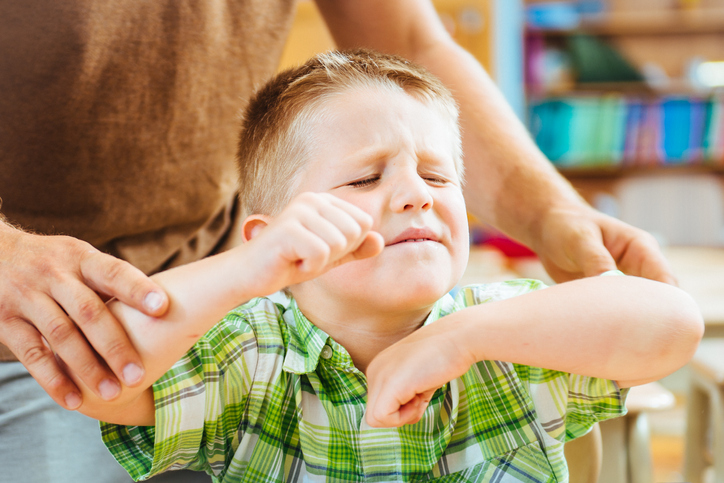All children have mood swings. This is a normal part of growing up, but when they have autism, children often respond to stimuli differently. This can result in dramatic changes in mood seemingly without warning. When those mood changes turn into aggression, you need to know how to deal with those issues. Hopefully, these tactics will help you better cope when your child is becoming aggressive.
Stop Blaming Yourself
The first thing you need to remember when it comes to autism, children, and aggression, is that none of it is your fault. Most times, aggression is a response to an external trigger or overwhelming stimuli that your child doesn’t know how to process. The best thing you can do is remember that their reactions are not something you can control. It’s not your fault and all you can do is try to help them regain some composure.
Start Keeping Track of the Episodes
Ultimately, the only way to find out what’s causing the aggression in your child is to start tracking what happened before they had a meltdown or their moods changed. Keep a journal—it doesn’t have to be anything extensive—and look for patterns after a few incidents. If you can find something they all share in common, you can better address the situation.
Think About How Your Child Communicates
With autism, children often have trouble communicating in ways that kids who aren’t on the spectrum excel at. This means you might not pick up on the things they’re trying to tell you quickly enough to stop their meltdown. Like all children, kids on the spectrum can get frustrated and this can result in aggression. Start thinking about how your child communicates their needs to you when they’re not being aggressive. Then, start looking for those signs and signals more closely. If you can figure out what they’re trying to tell you quickly, you’ll be better able to help them cope.
Keep Others Safe
Sometimes, those bouts of aggression become incredibly violent and when this happens, you’ll want to have a plan in place to keep others safe. This might mean taking the family pet to an overnight boarding facility or sending siblings to a trusted friend or relative’s house until things calm down. Ultimately, safety needs to be your first priority and if you ever feel that things are getting too far out of control, don’t hesitate to get help.
Don’t Forget About the Good Times
In most cases, the bouts of aggression will be temporary and even short. But those negative experiences can feel overwhelming and often leave you dwelling on them for hours. If possible, try to remember the positive interactions and experiences your child has throughout the day or week. This can give you something to work toward.
Get Advice from a Therapist
When it comes to autism, aggression is a common reaction parents have to cope with. That doesn’t mean you have to cope with it on your own. Schedule an appointment with our team and start finding new and innovative ways to help your child better communicate and control their emotions.
